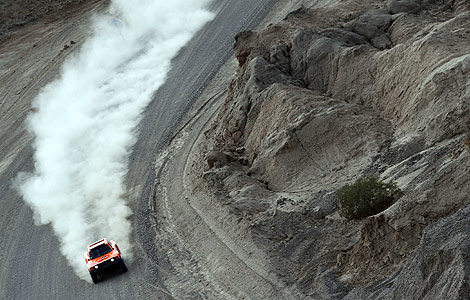China's role in Middle East will be enhanced: FM
Updated: 2014-01-10 02:20
(China Daily)
|
||||||||
Editor's note: Foreign Minister Wang Yi was recently interviewed by Al Jazeera. The following is the transcript of the interview.
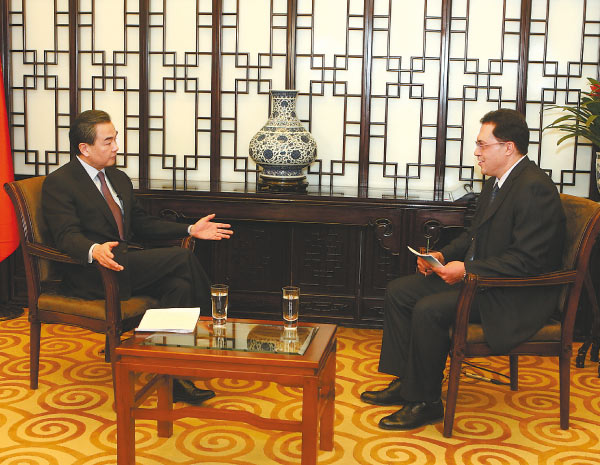 |
|
Foreign Minister Wang Yi talks with an Al Jazeera reporter during a recent interview. Provided to China Daily |
I. You have concluded your first visit to five countries, namely, Palestine, Israel, Algeria, Morocco and Saudi Arabia. What is the purpose of this visit? How do you evaluate the outcome of this visit?
Wang Yi: This is my very first visit to the Middle East region as the foreign minister of China's new government. The trip has three goals: namely, to carry forward friendly relations; to deepen existing cooperation; and to promote peace talks.
China and the Arab states enjoy time-honored ties of friendship, forged by the 2,000-year old Silk Road. In modern times, China has firmly supported Arab states in their cause to win national independence and liberation. China is committed to carrying forward this traditional friendship. My Middle East trip has achieved this goal completely, as I have felt for myself the profound goodwill of the Arab states and their peoples for China and the Chinese people.
China works hard to deepen its cooperation with the countries in the region for mutual benefit. Last year, two-way trade reached nearly $300 billion, with China becoming the top trading partner of many Arab states. According to rough statistics, China's accumulated contractual value in the region totaled $120 billion, including a substantial input in infrastructure, such as roads, bridges and factories. More recently, China's direct investment in the region has grown rapidly. Already standing at $10 billion in accumulative terms, it keeps increasing with an incredible speed.
The Third Plenum of the 18th Communist Party of China Central Committee held not long ago, which made important arrangements on the comprehensive deepening of reform and opening-up, will bring about fresh and important opportunities for the cooperation between China and the countries in the region. China plans to develop a Silk Road economic belt that spans the Eurasia continent and a maritime Silk Road that links the Pacific with the Indian Ocean. We can see on a map that the two Silk Roads will cross in the Middle East region, which spells excellent opportunities and bright prospects for common development and common prosperity for China and the region's countries. During the visit, I discussed many new ideas and new plans of cooperation with Arab leaders. China is ready to share its experience in high-speed rail development with any country and participate in national rail network programs of the region's countries, thus benefiting these countries and their peoples.
Many hot-button issues in the Middle East are undergoing important changes. One key purpose of my visit is to follow through on President Xi Jinping's four-point proposal on the issue of Palestine. Moreover, I also discussed the Syrian and the Iranian nuclear issues of shared interest with the leaders of the region's countries. As their friend, China is ready to contribute its share to bring peace and stability to the region. On the whole, my visit has achieved its anticipated purpose. In Algeria, I elaborated on the new Chinese government's policy towards Arab states. I can summarize it as "four supports". That is, we support Arab states in following their chosen paths, we support Arab states in resolving the region's hot-button issues through political means, we support Arab states in achieving a win-win and common development with China, and we support Arab states in playing a bigger role in regional and international affairs and in more effectively safeguarding their legitimate rights and interests. This represents China's most fundamental position which also meets the aspiration and fundamental interests of the Arab countries and their peoples.
II. Though Palestine and Israel have resumed peace talks, the Middle East peace process remains confronted with many obstacles and challenges, such as expansion of Israeli settlements and other issues. How does China see the future of the peace process? China is the only permanent member of the Security Council that is not a Quartet member. Will China join the mechanism? What role will China play in the Middle East peace process?
The Palestine-Israel issue is a long-standing hot-button issue. Peace in the Middle East will be elusive if this issue is not resolved. As a permanent member of the Security Council, China has all along played its own role in seeking a solution. In May, China received visits by Palestinian and Israeli leaders at the same time. President Xi Jinping went out of his way to work with them respectively and made a four-point proposal to resolve the Palestine-Israel issue. He stressed that an independent Palestinian state and a peaceful coexistence between Palestine and Israel is the right direction of a settlement, that peace negotiation is the only realistic pathway to Palestine-Israel reconciliation, that "land for peace" and other principles are important foundation for advancing the Middle East peace process, and that international support is a necessary guarantee for moving the peace process forward. The four-point proposal by President Xi is highly comprehensive and has been well received by both Palestine and Israel and the international community at large.
During the visit, I spent long hours discussing with Palestinian and Israeli sides on President Xi's four-point proposal. I had a deep impression from the meetings that both sides saw their peace talks as the sole alternative, they both hoped to continue with it to a fruitful end, and they both saw the current moment as an important opportunity. I told both sides that mutual recognition of each other's right to exist is the prerequisite for peace talks, that mutual accommodation of each other's concerns is an indispensable element, and that putting oneself in the other's shoes is an advisable way to move the talks forward. In the peace talks, one should try to bring people around with reason rather than power. I told the two sides clearly that this land is the common homeland for both Palestinians and Israelis. The fact that the State of Israel has existed for over 60 years and the Palestinian brothers and sisters remain displaced without realizing their legitimate rights and interests to statehood is not fair, nor reasonable, and should not be allowed to go on. So we support the establishment of an independent State of Palestine on the basis of the 1967 borders and with East Jerusalem as its capital living in peace with Israel. In this way, peace in the Middle East will be guaranteed. We will continue to work toward such a direction. I believe that so long as both sides can work toward such a direction and with full support of the international community, a success of the peace talks will be highly hopeful. With respect to the Quartet mechanism, first, we hope that it can truly play a role, especially at this crucial juncture of Palestine-Israel peace talks. Second, China is open to the mechanism, and we are ready to join it if the Quartet so wishes. Third, even if the country doesn't join it, China will continue to work in its own way to move the peace process forward.
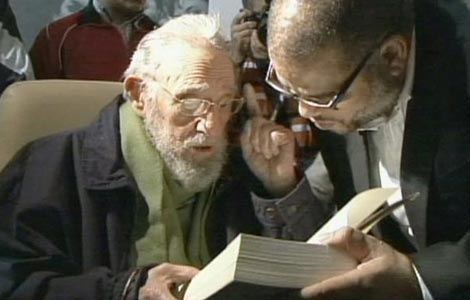
 Fidel Castro makes rare public appearance
Fidel Castro makes rare public appearance
 Migrants feel pain of separation
Migrants feel pain of separation
 Websites to be liable for sales of bad food, medicine
Websites to be liable for sales of bad food, medicine
 Largest sushi mosaic created in HK
Largest sushi mosaic created in HK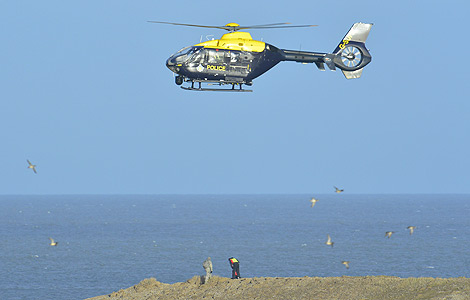
 UK police pick through US helicopter crash site
UK police pick through US helicopter crash site
 Riding the waves down under
Riding the waves down under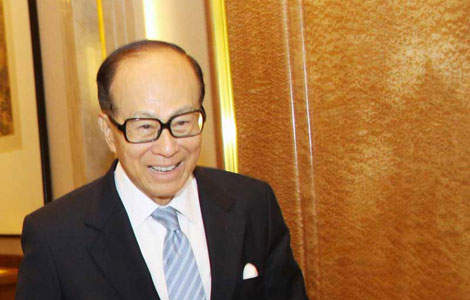
 The long-living rich in China
The long-living rich in China
 US skiing star Lindsey Vonn out of Sochi Olympics
US skiing star Lindsey Vonn out of Sochi Olympics
Most Viewed
Editor's Picks

|

|
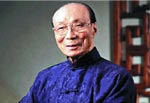
|

|

|

|
Today's Top News
US police all a-twitter about Weibo
China's role in Middle East will be enhanced: FM
Abe's new frontiers: Africa, Middle East
Rodman sorry for Bae comment
Reunion proposal rejected by DPRK
Apology urged for insulting Chinese
China's oil pipelines riddled with defects
Higher targets set for emission reduction
US Weekly

|

|


